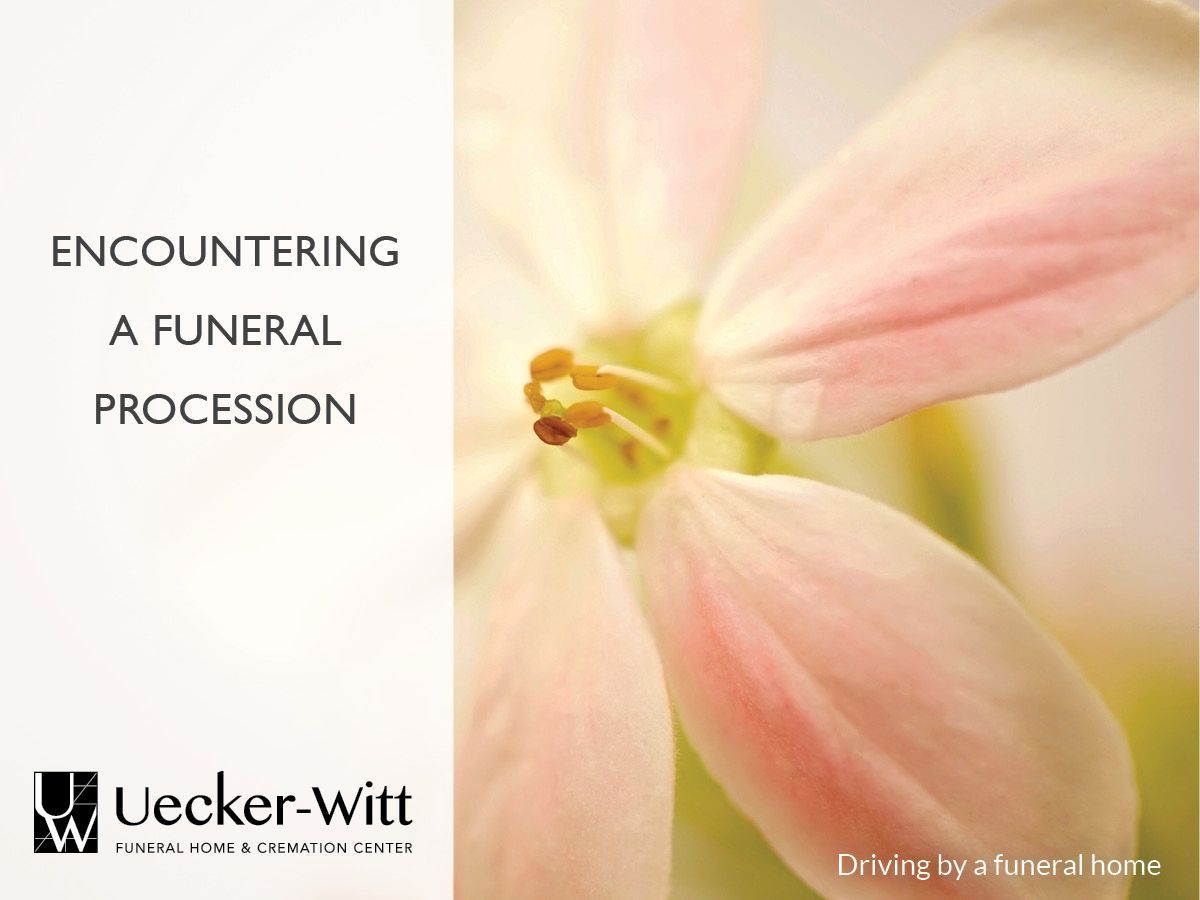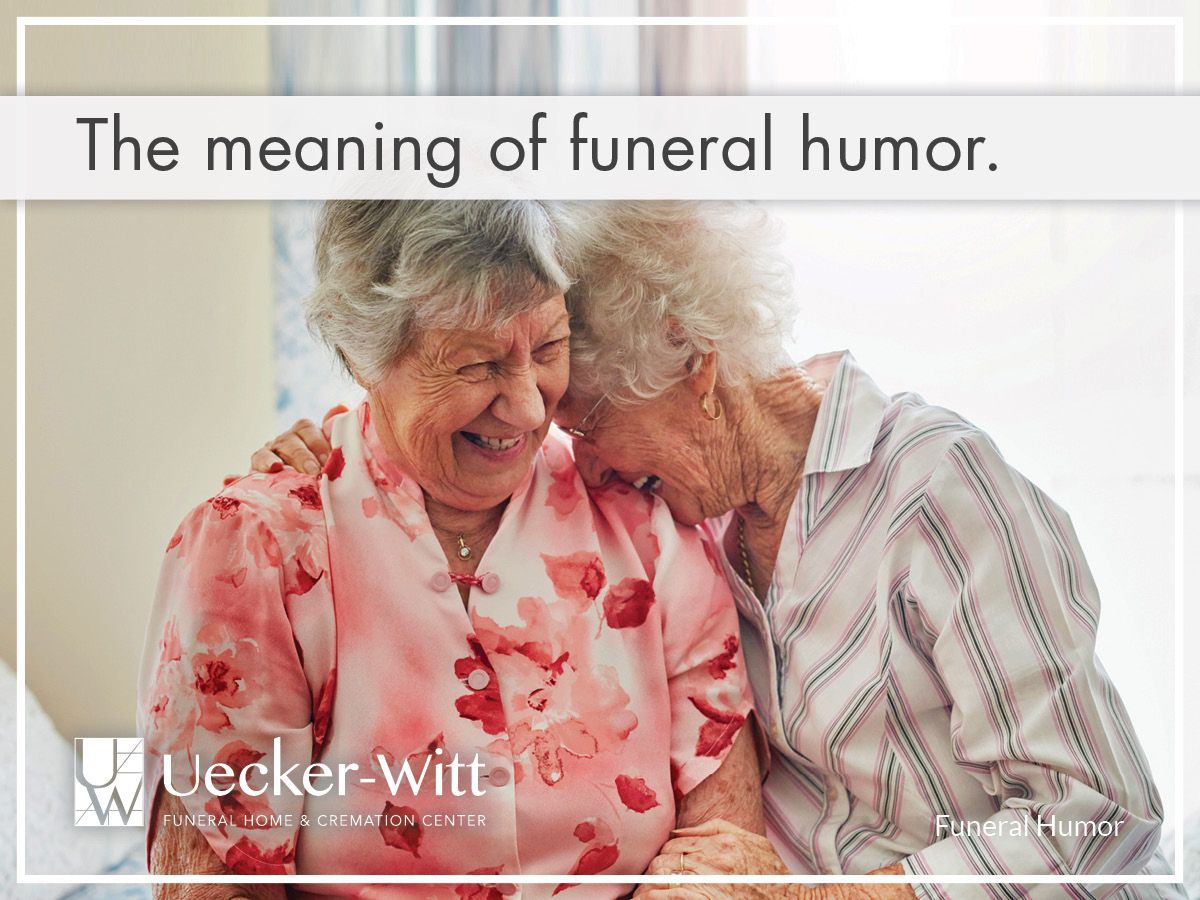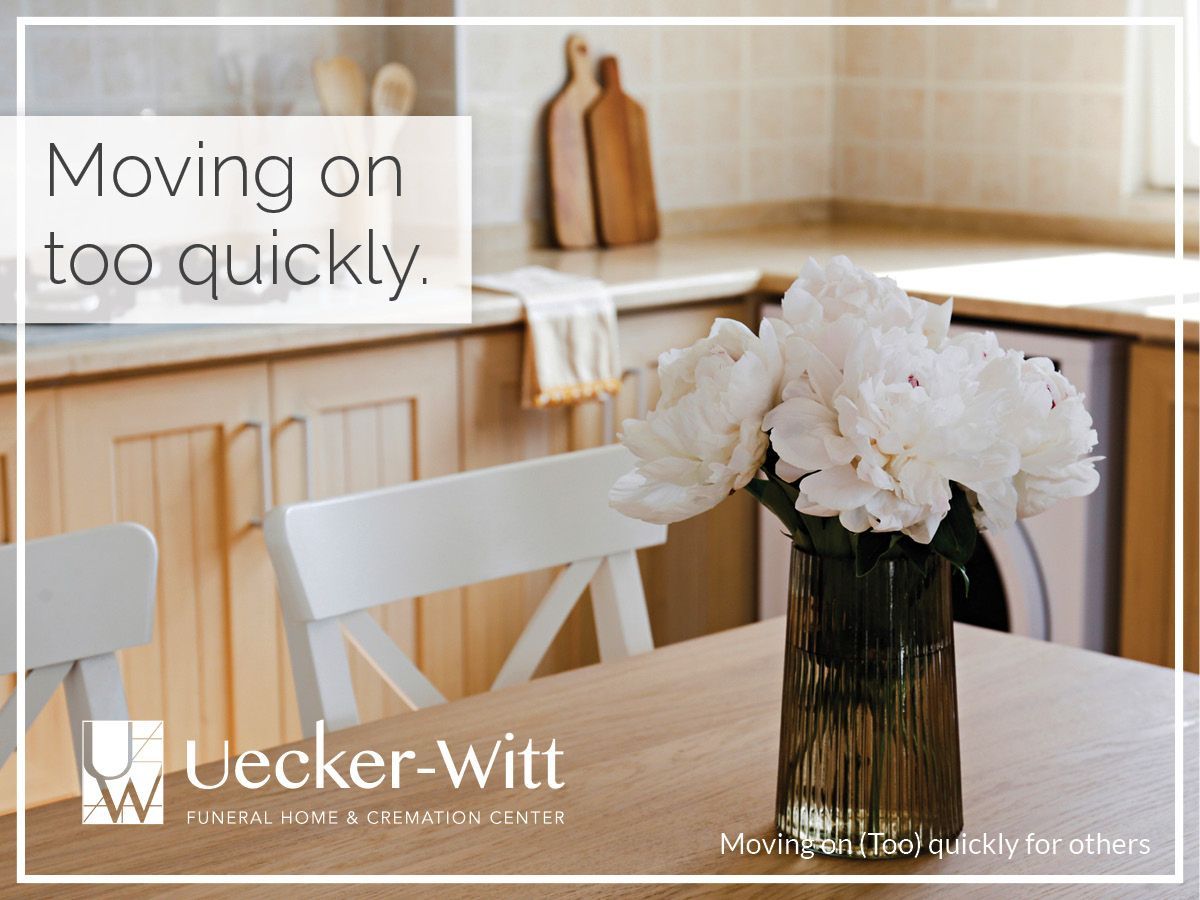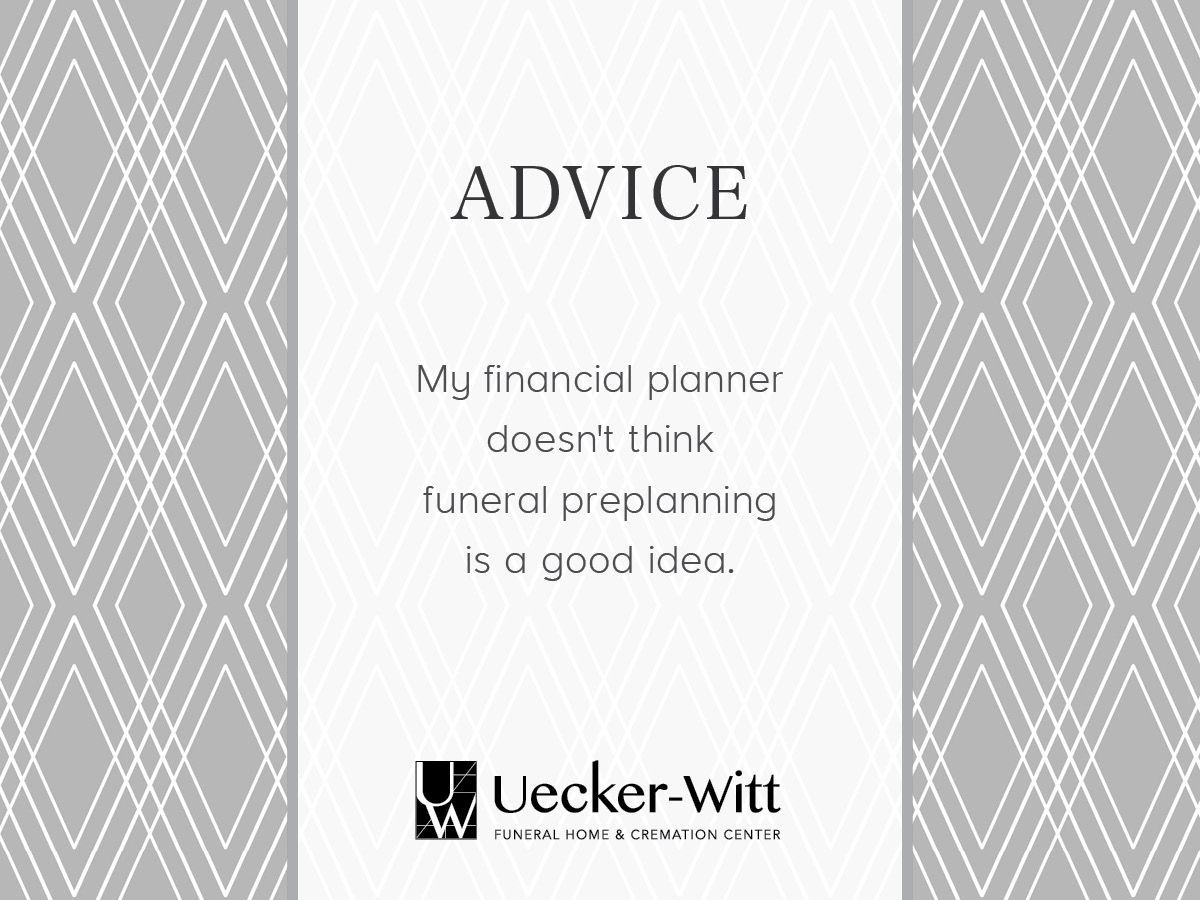Grief is Individual
Let’s talk about the stages of grief. There is denial, anger, bargaining, depression and acceptance. I studied them in nursing school, reviewed them when I got divorced and generally found them to be a pretty accurate and helpful bit of knowledge. And then, a family member died. Stages?
In our house it was more like we all went to the amusement park and were all on very different rides. Up and down, round and round, quiet and loud. We were definitely not that family walking together peacefully along a path through stages. We were all a bunch of nuts. Although we love each other, we were dangerously close to coming apart at the seams.
I don’t think we are the only ones. Death is the number one stressor for families. I’ve seen families break under the weight of illness and loss. Funeral directors will tell you the hardest part of their work is dealing with families who are emotionally fragmented.
We all experience grief differently. It’s a singular journey. But you have to get along. If you don’t work it out you risk losing your family, not just the one member who actually died. So, what helped us?
Deep breathing and listening, I mean really listening to understand not just hear. Recognizing anger as an expression of fear. Seeing frenzied activity as a coping mechanism for helplessness. Making room for each other’s ways of expressing love.
Accepting the prayers and the mementos even when the prayers aren’t ours and the memento is not what we would choose for a funeral.
Being tolerant of each other’s needs and expression of their personal grief. Looking for what’s motivating the behavior not just the behavior itself. Being kind and tolerant. Hugging the huggers and giving the non-huggers their space. Letting go of judgment and making room for differences. I mean really, so what if your sister cries loudly? What’s the harm?
The days before a funeral, the time during the arranging of the funeral and weeks following a funeral are not easy. You and your family can come out of it broken or stronger.















